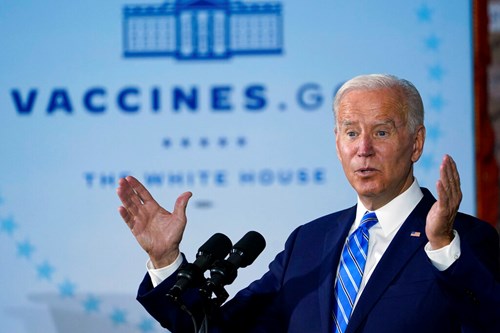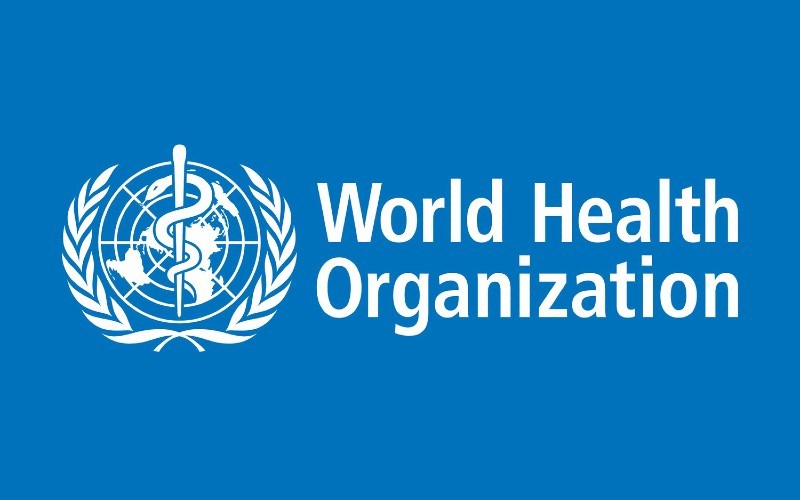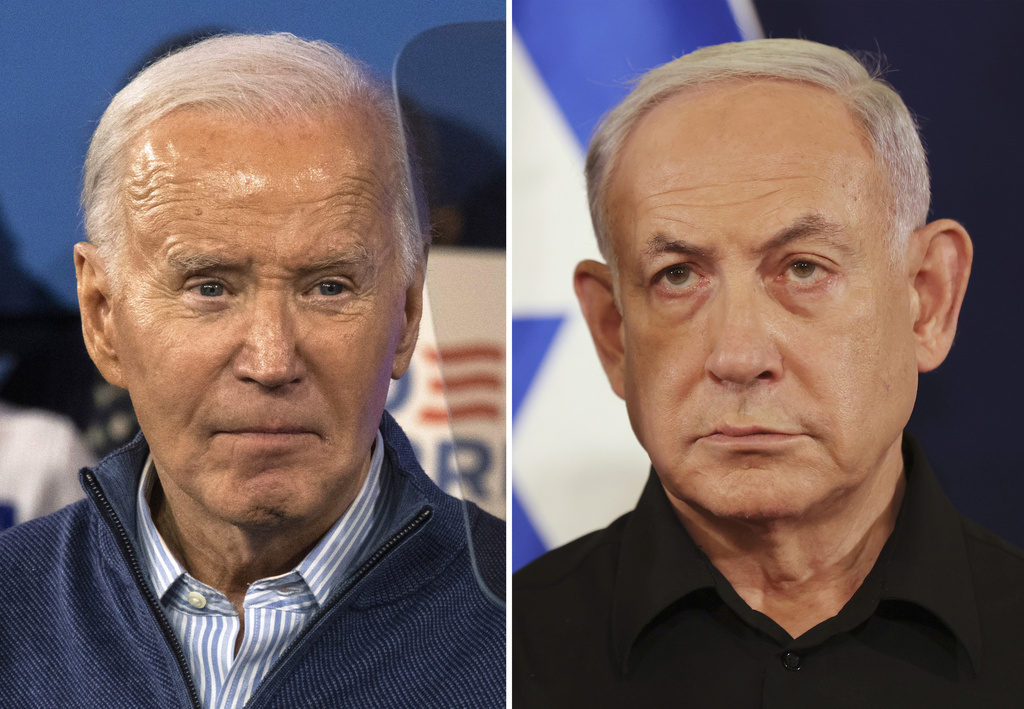The WHO has been working on what it calls a pandemic preparedness agreement for the last three years.
Now WHO nations are expected to vote on the agreement at the World Health Assembly in Geneva next week.
Some nations have offered resistance to the plan – Great Britain has already announced it will not sign on – but the U.S. isn’t one them.
In fact, President Joe Biden’s administration doesn’t just sit in silent acceptance of the plan, it’s one of the plan’s chief architects, Dr. Robert Malone, the chief medical and regulatory officer for The Unity Project, said on Washington Watch Monday.
“It’s more than them being on board. The pandemic accord language originated from Biden’s HHS (Health and Human Services),” Malone told show host Jody Hice.
“This is not something that originated in Geneva, or at the WHO, or on Klaus Schwab’s desk. This came up from the U.S. HHS bureaucracy," he warned. "They seem to be all in.”

If the vote passes and U.S. signs on, it will cede the authority to declare a medical emergency – and any response such as mask and vaccine mandates, lockdowns and travel restrictions – to the WHO, the public health arm of the United Nations.
Forty-nine U.S. senators recently wrote to Biden telling him they find it “unacceptable” to give away U.S. decision-making power to the WHO for future health emergencies.
"The WHO's failure during the COVID-19 pandemic was as total as it was predictable and did lasting harm to our country," says the letter.
Rep. Tom Tiffany (R-Wisconsin) introduced legislation in the House that would treat the agreement like a treaty and require a two-thirds super majority vote in the Senate for ratification.
Malone believes the administration hopes to use the WHO pandemic agreement to further its own climate initiatives.
 Biden was just a week into his presidency when he signed an executive order “climate considerations “would become “an essential element of U.S. foreign policy and national security.”
Biden was just a week into his presidency when he signed an executive order “climate considerations “would become “an essential element of U.S. foreign policy and national security.”
Three months later he announced a goal to reduce 2005 levels of U.S. greenhouse gas pollution by 50-52 percent by 2030.
“There is a widespread call among many, many academic journals, thousands, that are calling for climate change to be defined as a pandemic health threat that would fall under this new guidance,” Malone said.
No limits to WHO’s reach
The WHO’s agreement would also address abortion – with few if any restrictions – under the guise of “essential healthcare,” Rep. Chris Smith (R-New Jersey) said on Washington Watch this spring.
“The Biden administration seems to be deeply committed to this new one-world order globalist agenda. This seems to be a power play moving through a surrogate World Health Organization in order to advance that agenda,” Malone said.







